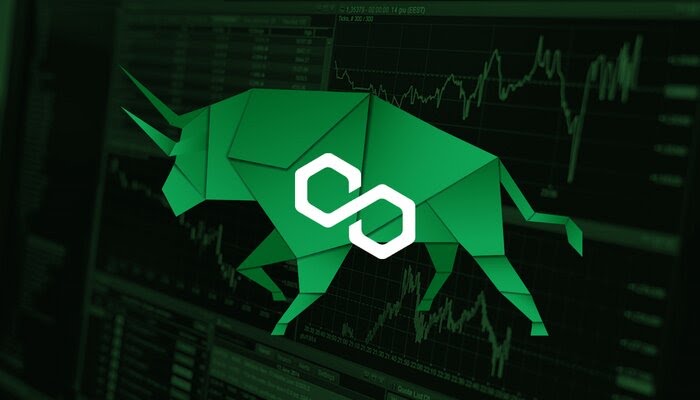MATIC (the Polygon network’s native token) is likely to be the main beneficiary of the Ethereum scaling (this time with ZK-rollups) narrative, as it has been in the past.
Despite the fact that Polygon’s MATIC token has stayed significantly lower in November than in May. The network, which was once a competitor to Ethereum, is still up more than 11,700 percent year to date.
According to WhaleStats, whales have invested nearly $14 million into MATIC tokens since the “burn” announcement. Since Polygon launched out the testnet implementation of the Ethereum Improvement Proposal 1559 on Dec. 14, whales have acquired roughly five million MATIC tokens in four separate transactions, according to the tracking website.
The most recent purchase was made by an Ethereum whale who ranks 453rd among the website’s 1,000 largest Ethereum wallets. In the last 24 hours, they have accumulated 2,490,000 MATIC tokens worth $4,631,400.
Polygon’s core development team announced on December 14 that the network is implementing Ethereum Improvement Proposal 1559 on a testnet to allow for the burning of its native MATIC currency and improved fee disclosure.
EIP-1559 gets rid of first-price auction as the main mechanism for fee calculation. Instead, there is a discrete base fee for transactions to be included in the next block and a priority fee to speed up processing. The base fee, which fluctuates depending on network congestion, is then burned.
Large transactions for Polygon (MATIC) have increased by 112 percent in the previous 24 hours, according to on-chain analytics firm IntoTheBlock. Large transactions are defined as transfers of $100,000 or more, and an increase in these indicators is a proxy for institutional and whale buying and selling.
Scalability is one of the key challenges with the Ethereum blockchain. As the network is used by more and more decentralized apps and services, and transactions grow exponentially, so do the gas fees.
The growing popularity of Layer-2 scaling solutions reflects users’ strong desire to resolve scaling issues on the Ethereum network.
Polygon is a Layer-2 blockchain protocol that integrates scaling solutions to assist bring broad adoption to the Ethereum blockchain by making transactions cheaper, faster, and more secure.
